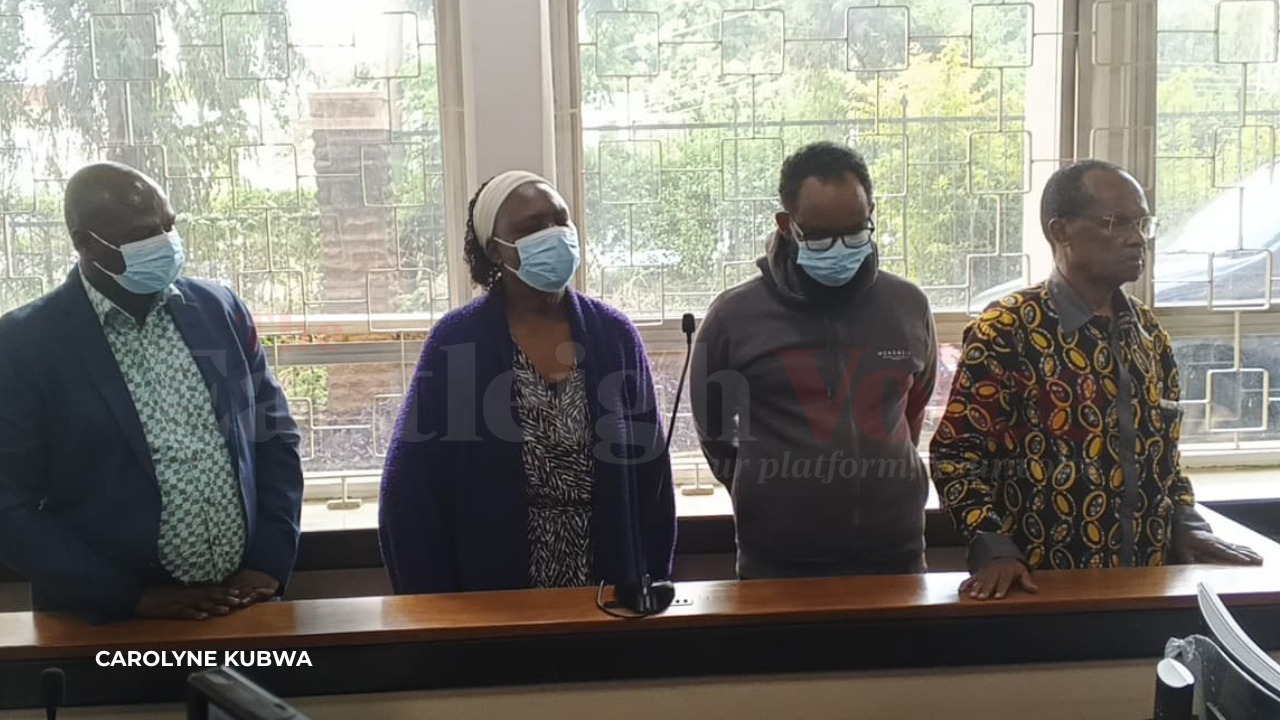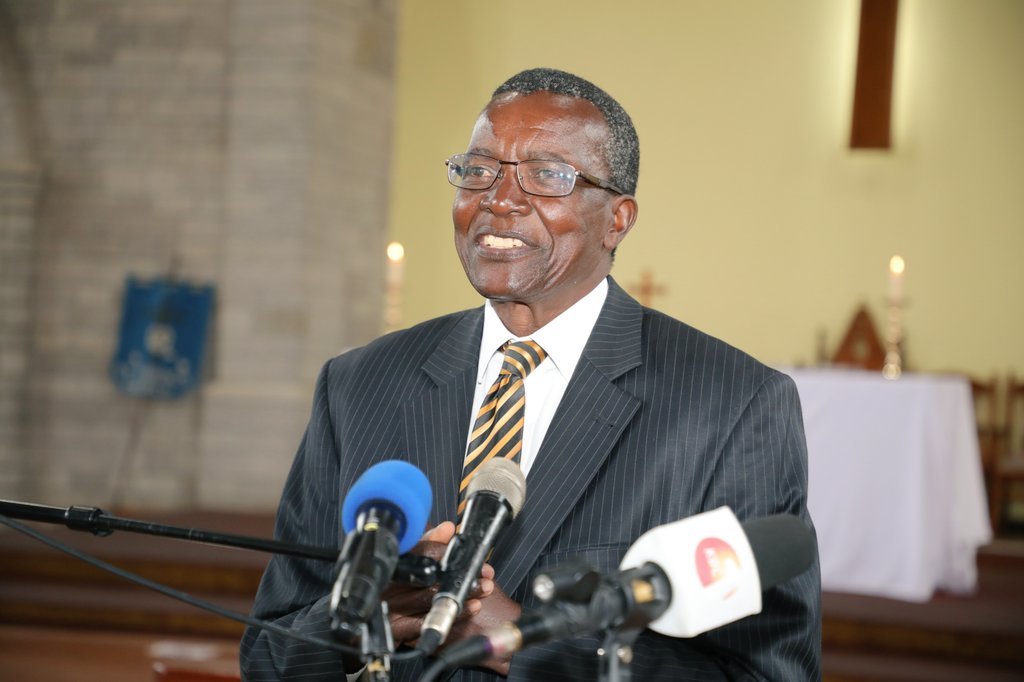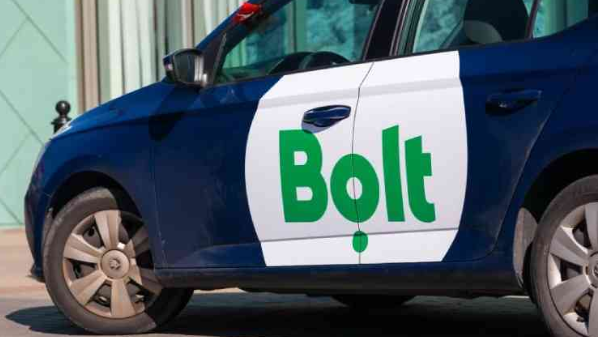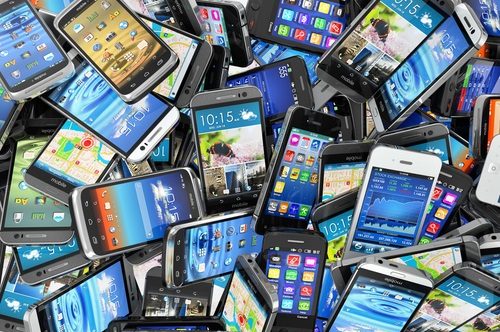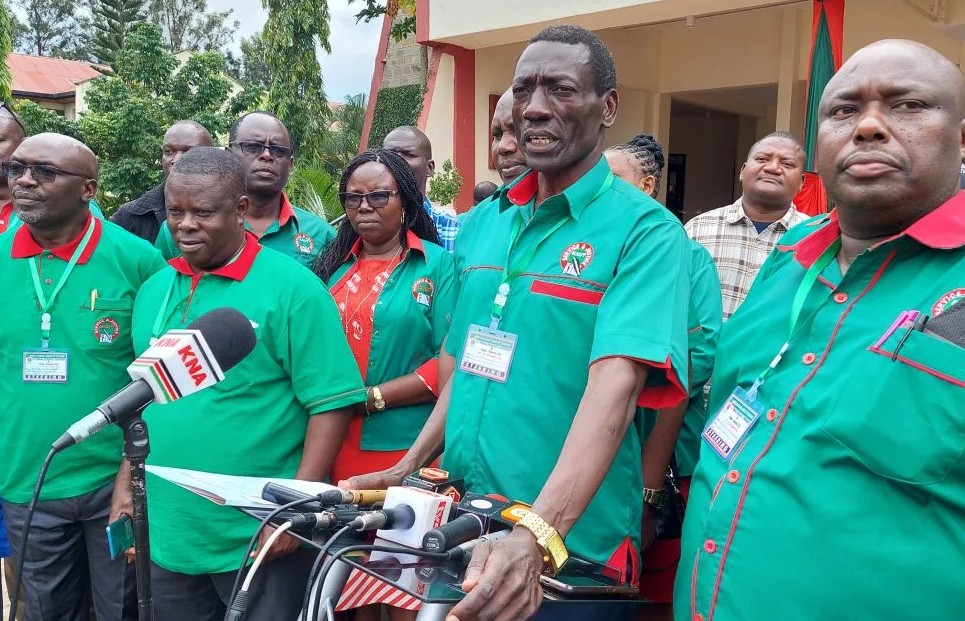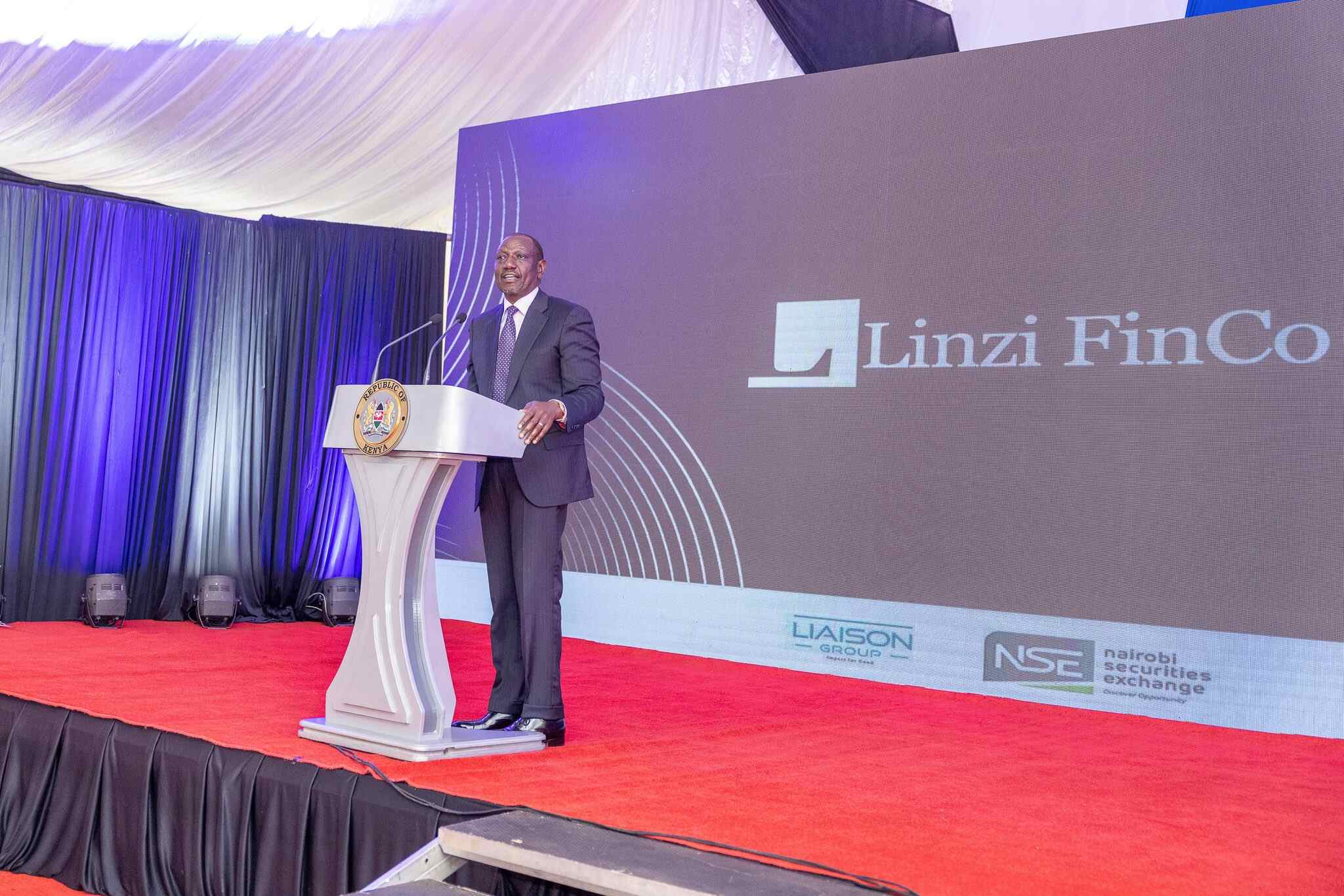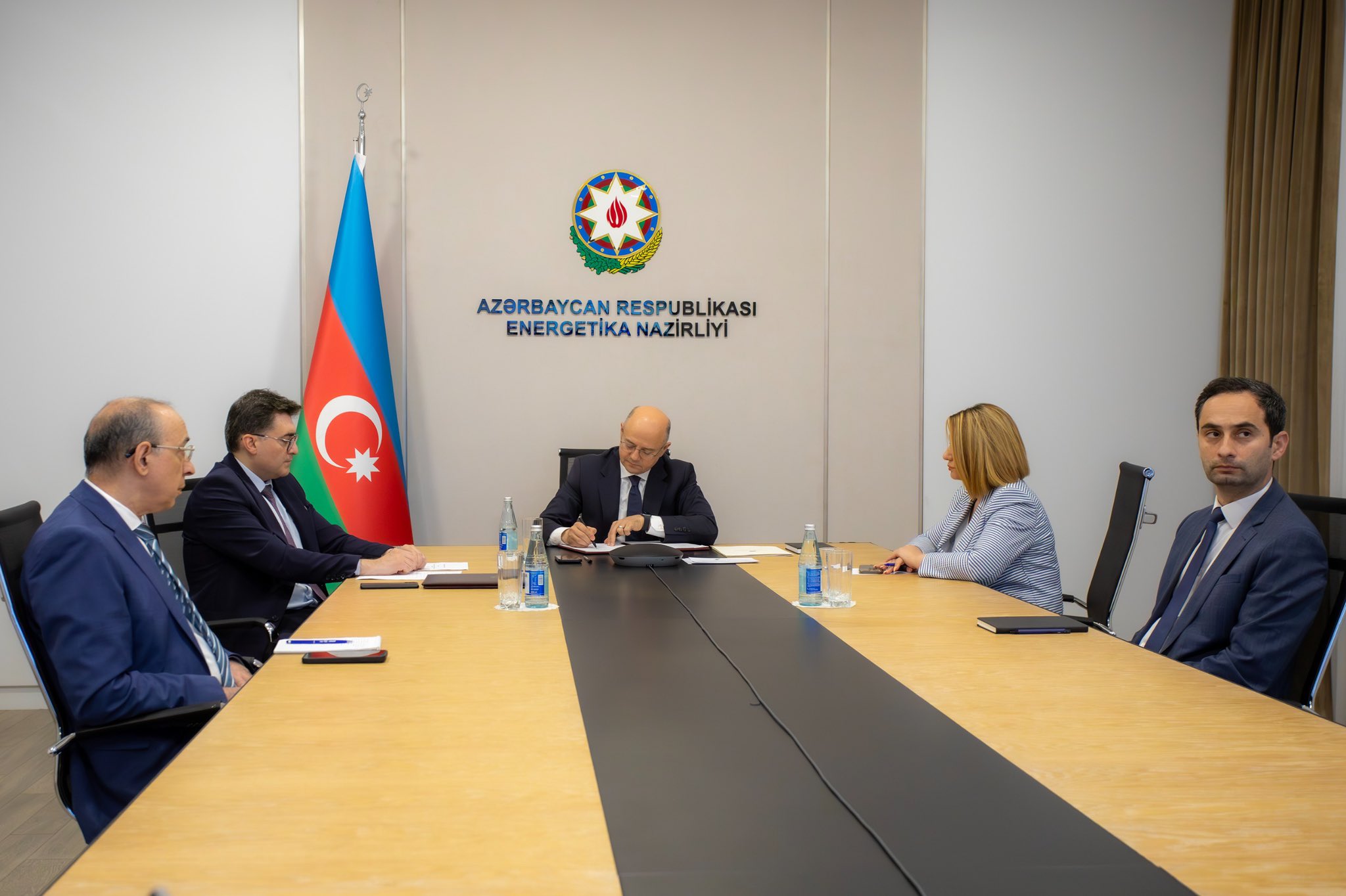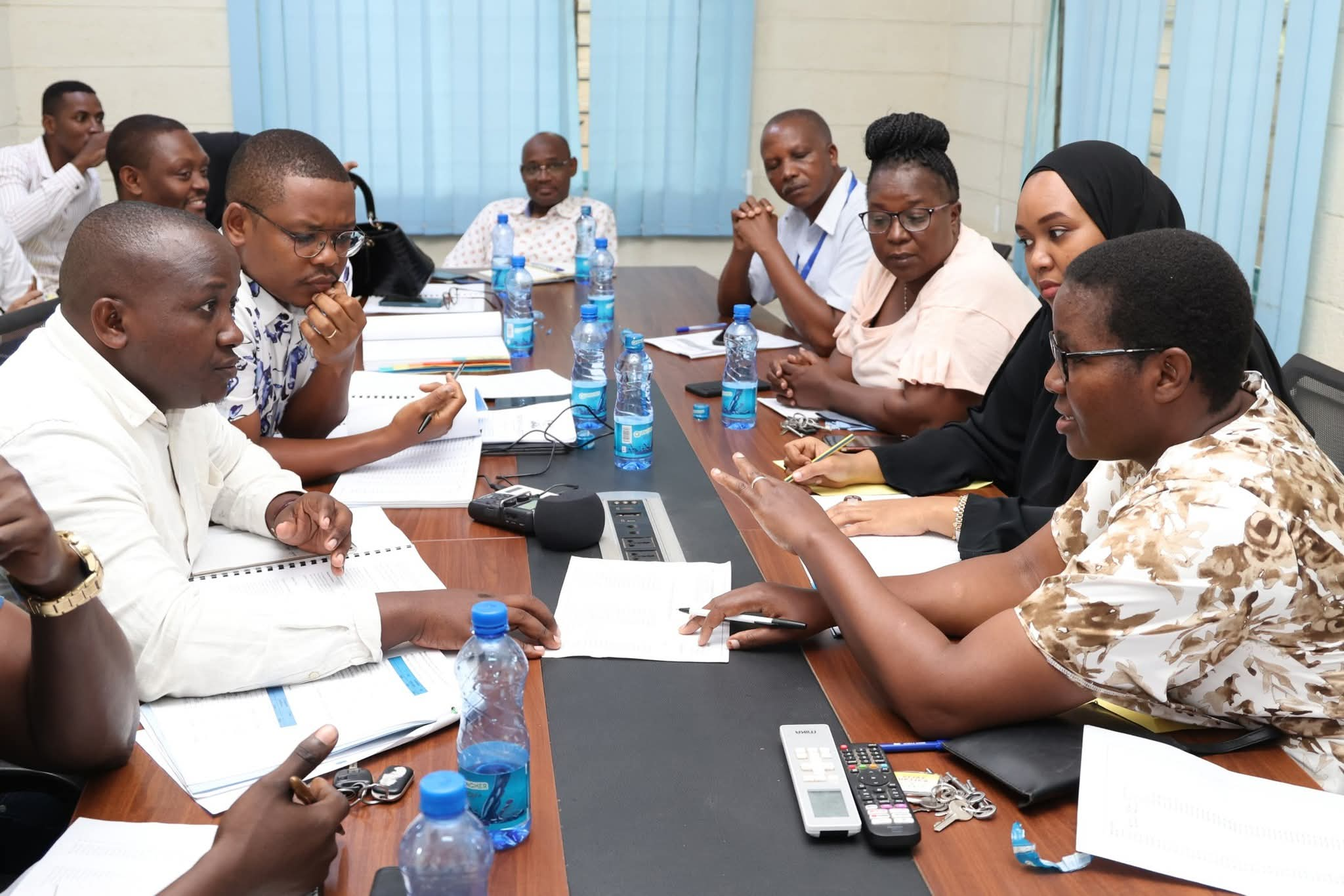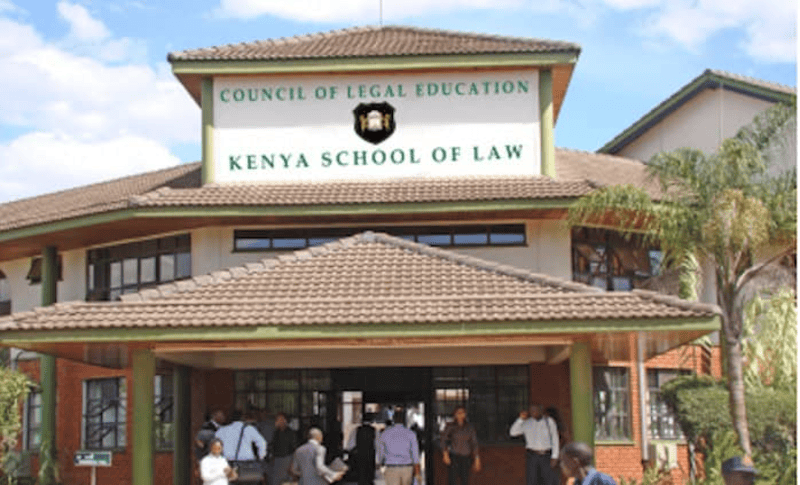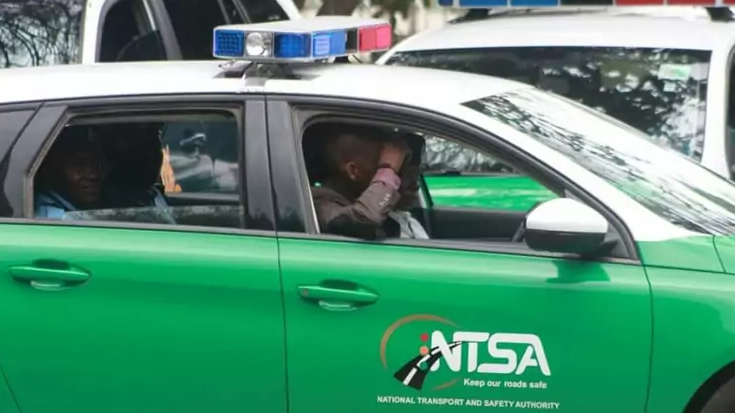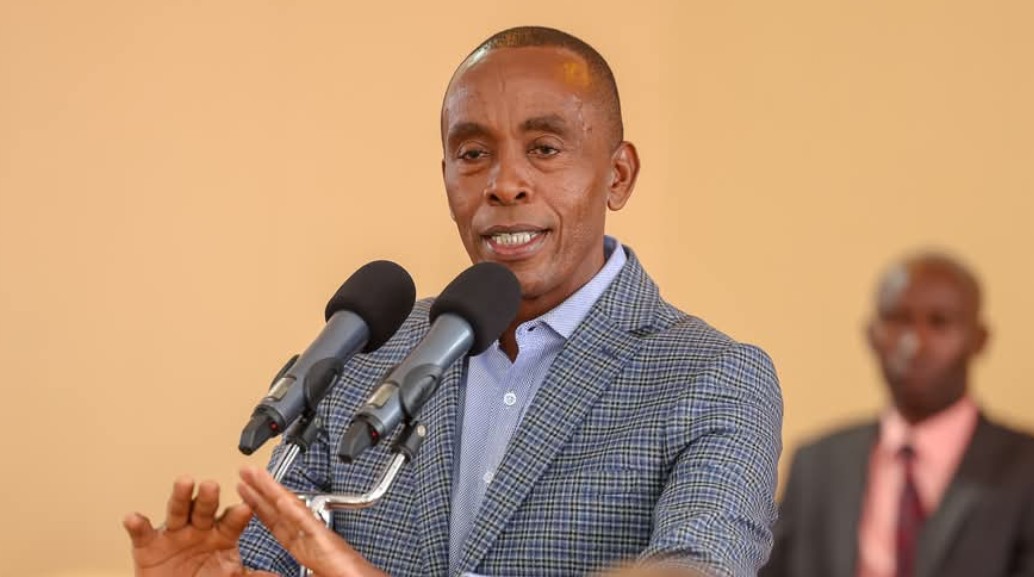Huruma youth decry delays, discrimination in accessing national IDs despite presidential directive
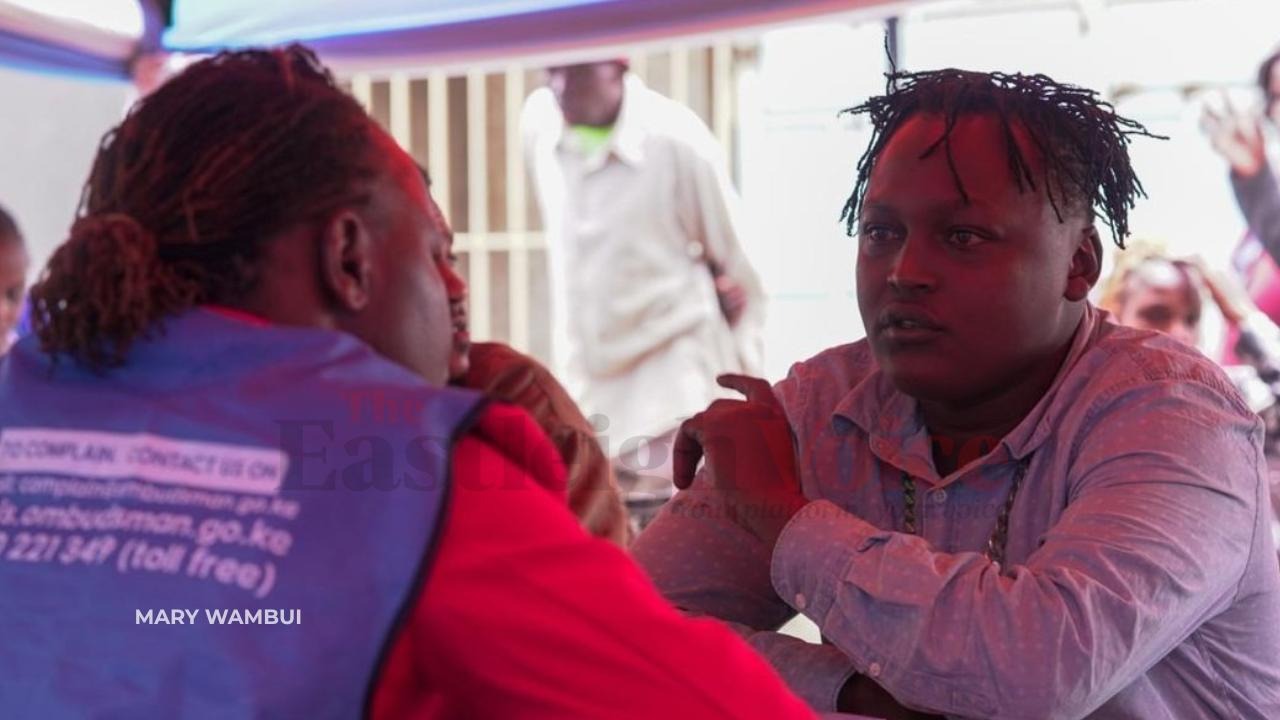
Rashid said being denied an ID made him feel like he wasn’t a citizen, despite being born and raised in Huruma, where both his parents and grandparents lived and held valid identification documents.
When Rashid Juma Mohamed turned 18 in 2018, he, like many other young Kenyans, looked forward to getting his national ID to help him pursue better economic opportunities.
He was especially eager to develop his boxing talent, which he believes could have become his main source of income—if only the lack of an ID hadn’t prevented him from registering for tournaments and other activities that required proof of citizenship.
More To Read
- Raila proposes ID-based voting to cut election costs, restore public trust in Kenya's electoral system
- Nairobi teen faces childbirth alone after being denied care for lacking ID, SHA
- MPs slam Ruto’s Sh3bn e-procurement plan amid economic strain, tech overspend fears
- Ombudsman suspends summons against JSC members, seeks constructive dialogue
- Muslim community from Mt Kenya decry discrimination in ID acquisition despite Ruto directive
- State to roll out ID tracking system to give Kenyans real-time application updates
"I first went to the chief's camp at Huruma to apply for an ID, but they said my name does not match my physical attributes. For some reason, they could not accept that I was brought up as a Muslim faithful, and so they kept saying I needed to undergo a vetting process, but I never got to be on the list of those to be vetted, or receive a call to attend a vetting exercise.
"It has now been years of trying, and I haven't given up. At Least, I met Namati staff a while back who have since taken up my case alongside the office of the Ombudsman, I hope I shall get it now," Rashid told The Eastleigh Voice on Tuesday.
Ombudsman Mashinani
He and his sister, Halima Juma, were among the hundreds of Huruma residents who turned up for a public education and legal aid clinic called Ombudsman Mashinani.
The event, organised by Namati Kenya and the Office of the Ombudsman, aimed to help residents struggling to access government services such as national IDs, birth certificates, and other vital documents.
Juma says the presidential directive to abolish vetting for IDs has yet to be implemented at the grassroots level.
"When we go to these government offices, the frustrations are the same as we have experienced over the years. There's nothing that has changed," he said.
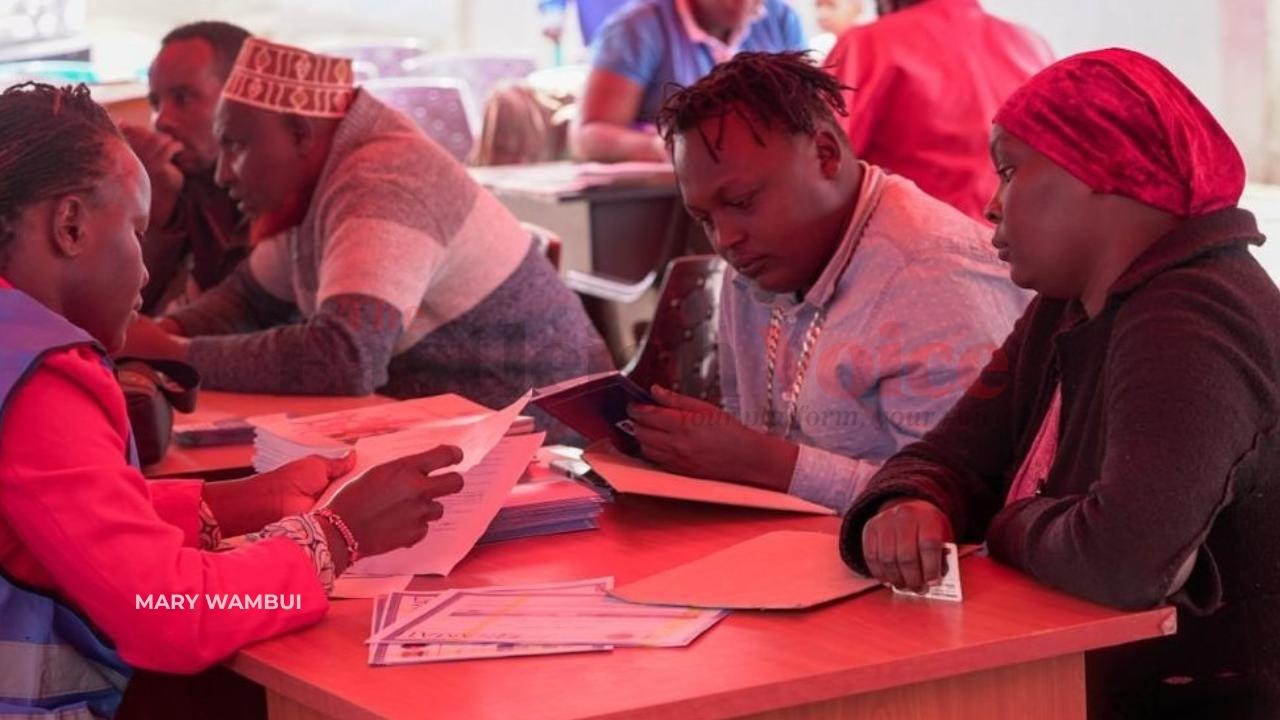 Rashid Juma Mohamed and his sister Halina Juma speaks with an official from the Office of the Ombudsman about his struggles to obtain a national ID on July 22, 2025. (Photo: Mary Wambui)
Rashid Juma Mohamed and his sister Halina Juma speaks with an official from the Office of the Ombudsman about his struggles to obtain a national ID on July 22, 2025. (Photo: Mary Wambui)
Now a father, he says he is doing his best to raise his child and build a stable life for his young family — but the lack of a national ID remains a constant and painful obstacle in his daily life.
He said being denied an ID made him feel like he wasn’t a citizen, despite being born and raised in Huruma, where both his parents and grandparents lived and held valid identification documents. He explained that although he had a birth certificate and school records, he had spent years trying to get an ID.
Without it, he couldn’t secure proper employment, as most employers required a certificate of good conduct, which he couldn’t obtain without an ID.
Boxing dreams on hold
He added that he couldn’t legally own property and had been forced to put his boxing dreams on hold, surviving instead on menial jobs like car washing and touting.
His sister Halima has suffered similar frustrations. Acquiring the ID was a struggle from the start, a situation that worsened when she lost her birth certificate.
That, added to corruption at the requisite government offices where officials constantly ask for bribes that she was unable to afford, forced her to give up her pursuit of the document.
Halima recounted that at one point, she had been registered for vetting but was never listed or called to take part in the process. After losing her birth certificate, she applied for a replacement through the e-Citizen platform but had yet to receive any confirmation.
She said she even tried using a clinic card, as advised, but it was not accepted. When she returned to the office, the official acted as if they didn’t recognise her.
Demanding a bribe
On a more recent visit, the same official asked her to bring an affidavit from her advocate. However, after she complied, the official began demanding a bribe.
The incident, she said, happened about a month ago, and as a single mother without a regular source of income, she says she could not afford the amount the official was asking for.
"I gave up because I felt my access to an ID was being denied to me because of my inability to pay for it. I am now 25 years old, and I have been attempting to get this document since I was 18," she says.
Halima said that finding formal employment had become impossible, forcing her to rely on menial jobs.
However, she expressed hope that a solution might finally be within reach, noting that she had brought all her documents to the clinic and had been referred to Upper Hill to process her birth certificate.
Frustrating applicants
The exercise revealed that officials responsible for issuing IDs and birth certificates continue to frustrate applicants, despite a presidential directive abolishing vetting for ID cards.
Many women turned up seeking help with birth certificates, while most men were trying to obtain national IDs. In some extreme cases, individuals lacked both essential documents.
"Every time I go to the Huduma centre, I'm repeatedly told to go back the next day and so on; there never seems to be a solution. I'm here in search of a solution," one woman said during the exercise that was prompted by the need to collect community voices to understand the nature of their problems as far as access to government services is concerned.
Namati and the Office of the Ombudsman also used the event to raise awareness on access to justice, information, and good governance, while offering residents an opportunity to receive legal aid and file complaints directly with the Ombudsman.
The exercise also revealed that people are still struggling to access the vital document alongside birth certificates and passports.
Indirect vetting
"Unfortunately, the vetting is still there, indirectly. As you have to go to the chief, then present excessive legal documentation, especially for Muslims. We have established it is no longer a border issue but a religious issue as it affects Muslims in urban communities like here in Huruma," Mustafa Mahmoud, the co-director of the citizenship programme at Namati-Kenya, explained.
Similar exercises have been held in Embu and Nakuru (last year) and this year at Dagoretti, Kibera, Liruta Muslim, now Kiamaiko, and will later cover Wote and Nyeri.
"The common challenge we are observing from the ground is that the costs of getting these vital documents on e-citizen is affecting many people who are unable to afford it, others continue to suffer delays with their ID applications we found a woman in Liruta Muslim who has gone for 20 years without an ID, here we have seen a man who has been trying to get the document for seven years."
Mustafa explained that some people struggle with using computers, which is why they brought along paralegals to offer assistance. He added that others had lost access to their e-Citizen accounts and were unable to reactivate them.
There was also a general lack of information, with many unaware of how to apply for a birth certificate online or what the requirements were.
A report on the findings will later be shared with different heads of state departments to show the nature of communities' problems and find ways to address the gaps.
"As we head to Maisha Namba, how do we make sure everyone is brought on board? This is how we as a NGO and Ombudsman as a state entity play our part to make sure that no one is left out," he said.
Top Stories Today
